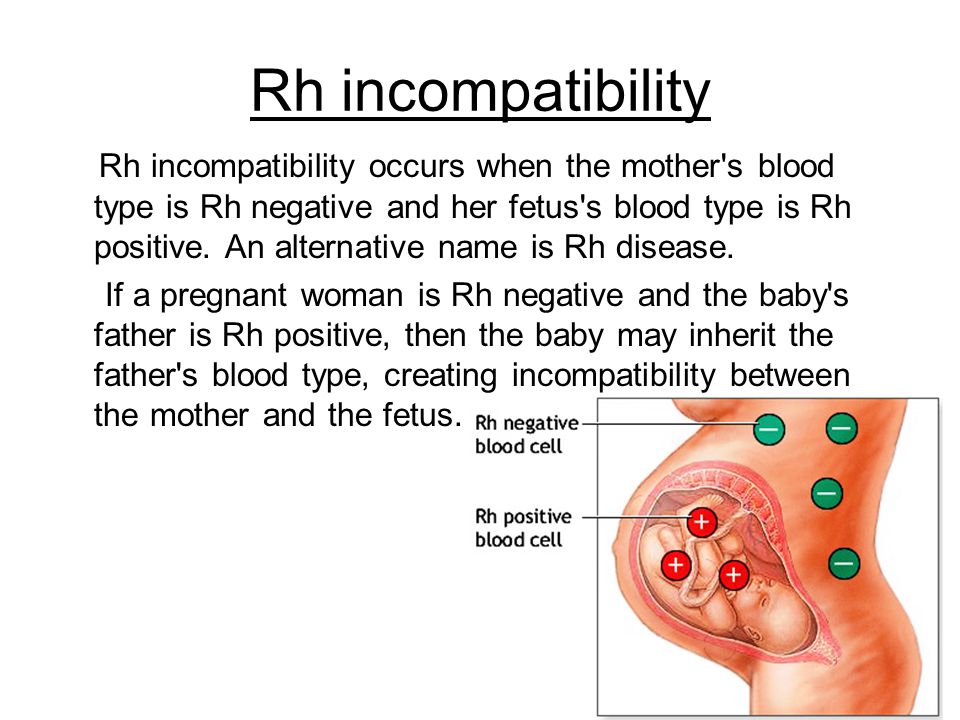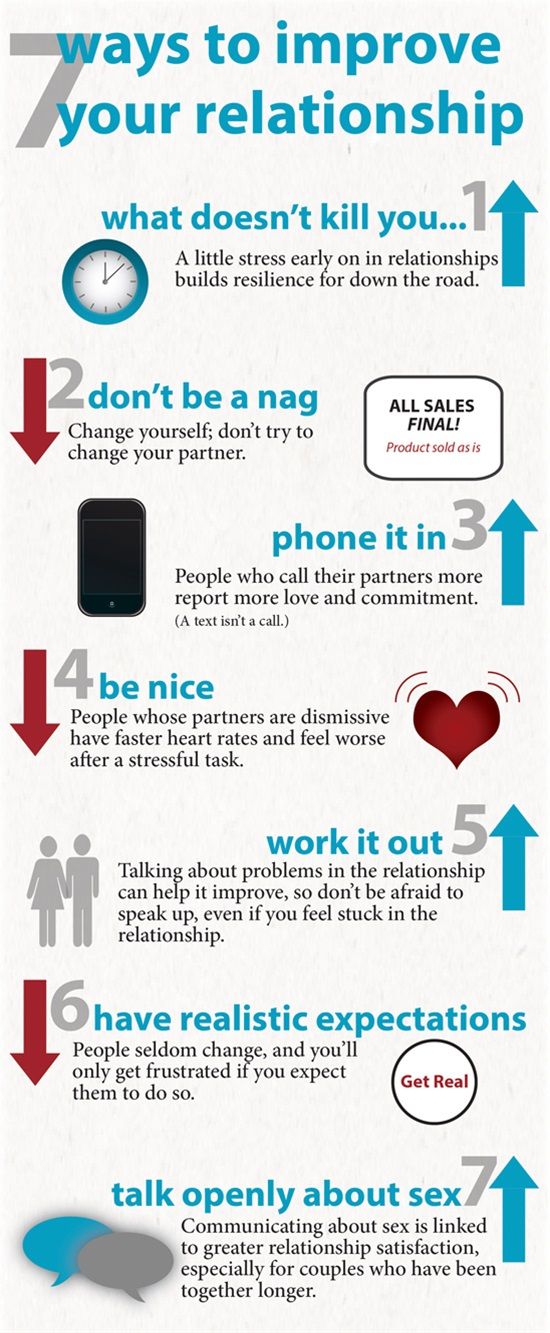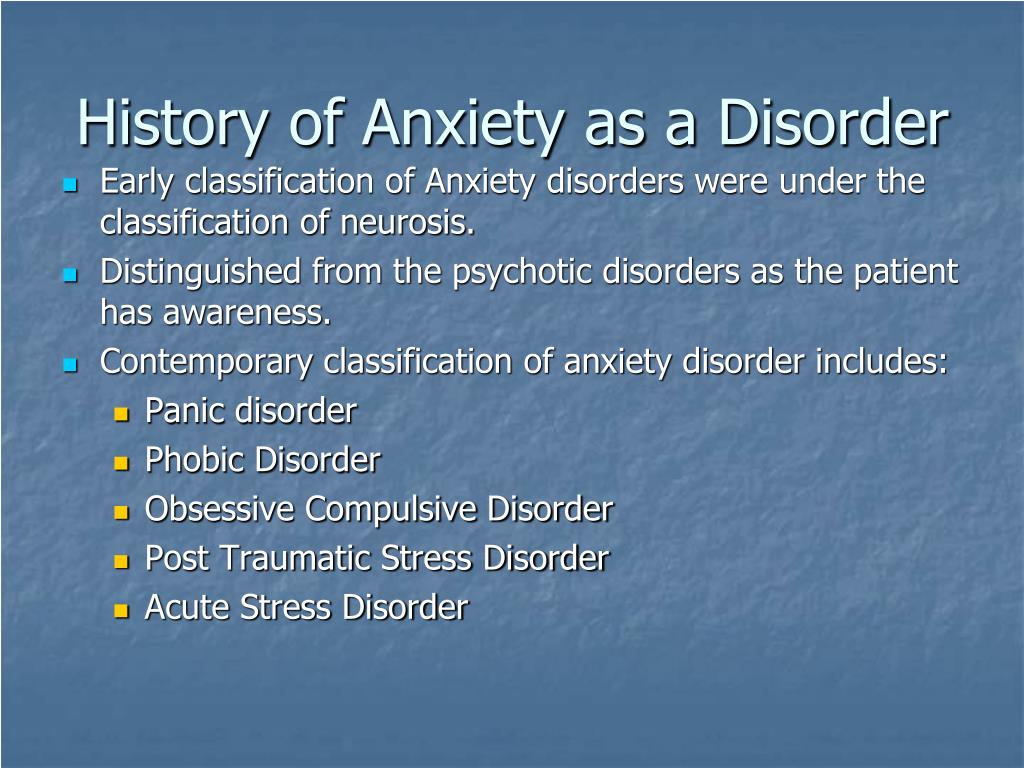Narcissistic game playing
6 Games Narcissists Play with You
The whys and hows of narcissistic personality disorder are complex, and in many cases, not well understood. There are also different manifestations of narcissism, which means not everyone with narcissistic personality experiences or expresses it in the same way.
Someone with this disorder may appear to you as a person with strong self-esteem. However, behind an attitude of superiority, there’s often someone who’s vulnerable and might even feel powerless.
As a result, they may seek external validation and status and have a strong need to be in control.
In this process, the person with narcissistic personality may develop very elaborate self-defense mechanisms, including manipulation tactics.
They also tend to have low empathy and have difficulty getting emotionally invested in others. This might also lead them to use manipulation tactics and not be aware or interested in the consequences for you.
Low empathy doesn’t mean no empathy, though. So, not everyone with the disorder will necessarily use manipulation tactics.
A 2018 study suggests that people with covert or overt narcissism are prone to making unethical decisions and acting in unethical ways.
You can learn more about the symptoms of narcissistic personality disorder here.
For people with narcissistic personality disorder, relationships are often about getting their own needs fulfilled. This may involve a need to constantly feel admired and powerful.
If this external validation isn’t received, there’s not much to fall back on for them.
A person with narcissistic personality may feel the urge to maintain control at all costs — even if it’s at your expense.
Just remember this isn’t a personal choice they make. These are characteristics of the condition they live with.
Of course, not everyone who plays these relationship games has narcissistic personality disorder. In fact, you might have used some of these tactics yourself at some point.
Anyone can use manipulation tactics or any of the games listed here and not have a narcissistic personality disorder.
The difference is that for someone with narcissistic personality, these behaviors aren’t rare or situational. They’re the way they function in relationships all the time.
Here are some common manipulation games someone with narcissistic personality might engage in:
- gaslighting
- love bombing
- ghosting
- triangulation
- playing the victim
- revenge
Gaslighting
You’ve probably heard of gaslighting since the term has gotten quite a bit of attention in the last few years.
It’s actually based on an old movie called “Gaslight,” wherein the husband tries to make his wife feel like she’s losing her mind.
Indeed, this is the core idea behind gaslighting.
Gaslighting is a form of severe emotional manipulation where the goal of the gaslighter is to sow seeds of confusion. This aims to make you doubt your own thoughts, emotions, or reality.
Narcissistic gaslighting is typically a long-term, gradual technique. The ultimate intention is to keep you under tight control and dependent on them.
For example, during breakfast, you ask your partner to pick up milk from the store on their way home. When the time comes, they arrive with no milk. When you point this out, their answer is, “You never told me to! You’re imagining it.”
The thing is, the more someone gaslights you, the more you begin to doubt yourself and wonder if they’re right. Dealing with gaslighting can take a toll on your self-esteem and mental health.
More common ways to gaslight someone? “I did it because I love you,” “You’re too sensitive,” and “Nobody has ever done for you what I have.”
Love bombing
If you ever thought it was way too soon for someone to love you that much, it probably was. And it was also probable they love bombed you.
Love bombing can take many forms, but it’s usually a person pushing too far too soon.
For example, it’s someone saying “You’re amazing” or “I’ve never met anyone like you before,” when they actually hardly know you at all.
It might also include showering you with expensive gifts, flowers, fancy dinners, and together-forever conversations.
And it can even involve more extreme behaviors like stalking and jealousy fits.
Being love bombed can sometimes feel extremely flattering. Because of this, you might feel inclined to respond to all these romantic gestures.
Before you do, though, consider doing two things:
- Go beyond their words and gestures and focus on how much they really have to base all this love on.
- Ask yourself if you’re increasingly feeling committed to this person or obligated to correspond when you wouldn’t be interested otherwise.
Love bombing is someone hunting for your attention and dependency. Once this goal has been met and you’re engaged, a love bomber is likely to lose interest and, in most cases, take advantage of what you now feel for them.
Examples of someone love bombing you can include a combination of behaviors:
- Giving almost an “obsessive” type of attention and not accepting no for an answer.
- Trying to make you feel guilty for not having the same feelings.
- Disapproving of your friends or other people in your life.
- Planning your entire lives around their dreams and fantasies.
- Repeatedly showing up unannounced or making plans for you both without asking first.
- Demanding more affection and attention from you in the name of them giving you so much.
- Saying “I love you” or claiming you as their soul mate after knowing you for a very short period of time.
- Getting upset when you ask for space or have your own plans without them.
Why does love bombing happen?
A person with narcissistic personality may have trouble forming healthy attachments.
This doesn’t mean they don’t enjoy excitement and romance. But, once this excitement wears off and they’ve caught you, they typically decide to go elsewhere.
It’s the possibility of winning that keeps them interested. This responds to their need for attention and superiority. They want to feel they’re able to get you — that they have the upper hand.
What comes after love bombing? It’s usually ghosting.
Ghosting
Ghosting happens when someone suddenly stops communicating with you without warning. It can happen in any relationship but more typically in a dating scenario.
You’ve finally accepted to date this person who has inundated you with attention for the last few weeks. And then, one day after a date, you try to check their Instagram profile and find out… you’ve been blocked.
This has to be a mistake of some kind. So, you text them. Nothing. Hours later, you try calling them. Nothing.
You’ve been ghosted.
The act of ghosting is a power move that someone with narcissistic personality disorder may use.
There are many reasons why someone might ghost you. It may be because they lost interest and want to avoid the conflict of telling you this personally.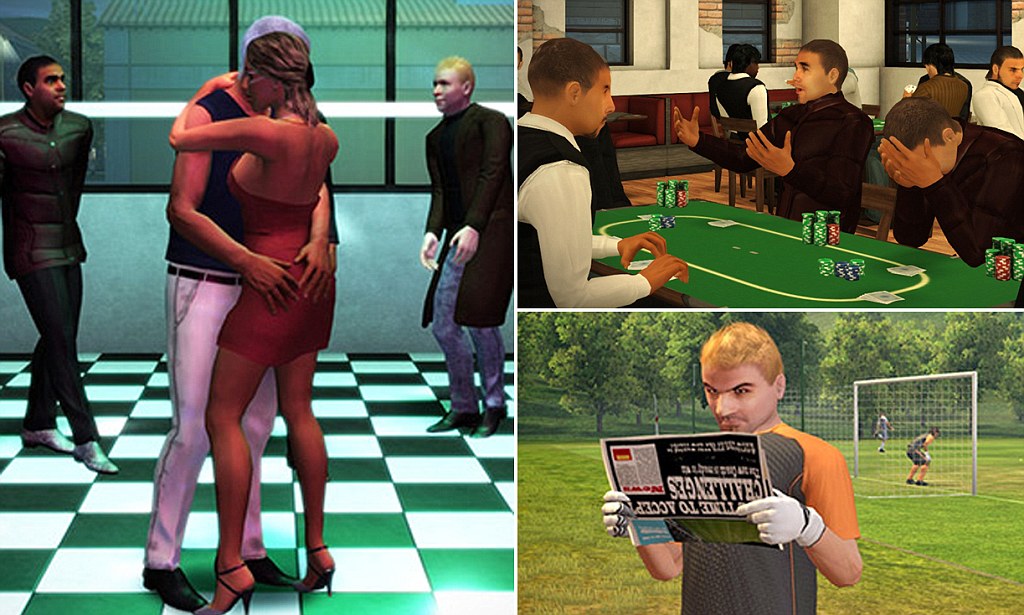 It may be they want to see your reaction and how much you care.
It may be they want to see your reaction and how much you care.
Often, it’s just another manipulation tactic — a break-up game — they use to feel they had the last word and all control in the relationship.
Do narcissists come back after ghosting you? Not likely, but they might if they want to gain something from it.
Now, remember, not everyone who ghosts you has a personality disorder.
This tactic can be used by anyone in many circumstances and it’s not a sign of a mental health condition every time.
Triangulation
Triangulation is another way a person with narcissistic personality might feel like they can maintain the upper hand.
In sum, triangulation is getting a third person involved in your communication channels.
In other words, it’s when you send your message through a third person or justify an action with “this third person” told me.
Triangulation can also take many forms.
A common one is trying to get you jealous and to compete for their attention by incessantly comparing you — directly or indirectly — with a third person.
Other times, triangulation works as a divide and conquer tactic.
Say that your best friend is jealous of one of your most recent friendships. They may say to you, “I don’t know why, but Alexis said some really rude things about you the other night. I defended you, of course.” And then, they might go to Alexis and say the same thing about you.
Narcissistic triangulation may also be about getting you involved in their conflict with someone else.
Maybe they ask you to defend them publicly and make you feel guilty if you don’t. Maybe they tell you to intervene on their behalf to do something that could be embarrassing for them to do.
Playing the victim
People with NPD often experience emotions more intensely, or are highly reactive to any form of criticism.
Because it’s difficult for them to engage in self-reflection, they may need to justify themselves when things aren’t going their way.
This often means putting the blame on others when their life isn’t panning out.
For example, they might justify not meeting their goals at work by whining about all the times you were late to work this month. You coming to work late might have something to do with it, or it might have nothing to do with it.
Either way, they’re playing the victim to justify something that was otherwise in their hands.
And then maybe you get a promotion they were after. They might explain this to their co-workers or family by saying you achieved it by “kissing up” to the boss. Obviously, they deserved it more, they say.
Blaming others for the disappointment feels better than internalizing the idea that they might not be qualified for the promotion.
In romantic relationships, playing the victim may get you to back off.
For example, your partner gets really defensive after you tell them they forgot to pick up milk on the way home. Then they start saying how exhausted they are, how much they needed to come home to get some peace, and how you manage to ruin it for them every time.
This makes you back off and leave them alone. Maybe you’ll get the milk yourself. Mission accomplished.
Revenge
If a person with NPD feels they’ve been embarrassed, rejected, or treated unfairly, it can provoke an intense sense of shame, humiliation, and rage.
This is often called narcissistic rage or rage injury.
Sometimes, these overwhelmingly negative feelings can lead the person with narcissistic personality to become extremely vindictive.
Narcissistic rage may lead them to unleash an all-out campaign to “ruin” you if they now perceive you as the enemy.
They might even come up with a long-term plan to get revenge. This revenge tactic could include slander, abuse, property destruction, and in some extreme cases, physical violence.
People with narcissistic personality disorder may engage in a variety of games or manipulation tactics. This is so they fulfill their need to be or appear superior and powerful.
Although it might be tempting to retaliate, seek an apology, or even try to “fix” them, a person with NPD usually has a hard time being aware of how their behaviors affect others.
This isn’t by personal choice, though. It’s part of living with a complex mental health condition.
Manipulation tactics are not always a symptom of a mental health condition, though. Also, not everyone with narcissistic personality will use these tactics.
If you’re engaged in a relationship where you feel others are manipulating you constantly, despite your efforts for them to stop, consider taking a step back, setting boundaries, or even letting go.
6 Games Narcissists Play with You
The whys and hows of narcissistic personality disorder are complex, and in many cases, not well understood. There are also different manifestations of narcissism, which means not everyone with narcissistic personality experiences or expresses it in the same way.
Someone with this disorder may appear to you as a person with strong self-esteem. However, behind an attitude of superiority, there’s often someone who’s vulnerable and might even feel powerless.
As a result, they may seek external validation and status and have a strong need to be in control.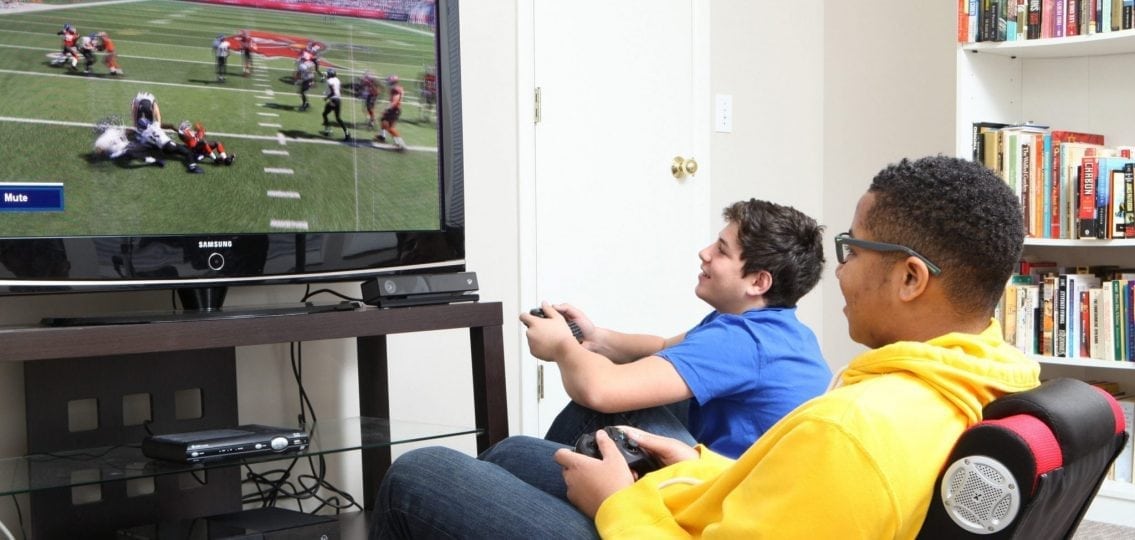
In this process, the person with narcissistic personality may develop very elaborate self-defense mechanisms, including manipulation tactics.
They also tend to have low empathy and have difficulty getting emotionally invested in others. This might also lead them to use manipulation tactics and not be aware or interested in the consequences for you.
Low empathy doesn’t mean no empathy, though. So, not everyone with the disorder will necessarily use manipulation tactics.
A 2018 study suggests that people with covert or overt narcissism are prone to making unethical decisions and acting in unethical ways.
You can learn more about the symptoms of narcissistic personality disorder here.
For people with narcissistic personality disorder, relationships are often about getting their own needs fulfilled. This may involve a need to constantly feel admired and powerful.
If this external validation isn’t received, there’s not much to fall back on for them.
A person with narcissistic personality may feel the urge to maintain control at all costs — even if it’s at your expense.
Just remember this isn’t a personal choice they make. These are characteristics of the condition they live with.
Of course, not everyone who plays these relationship games has narcissistic personality disorder. In fact, you might have used some of these tactics yourself at some point.
Anyone can use manipulation tactics or any of the games listed here and not have a narcissistic personality disorder.
The difference is that for someone with narcissistic personality, these behaviors aren’t rare or situational. They’re the way they function in relationships all the time.
Here are some common manipulation games someone with narcissistic personality might engage in:
- gaslighting
- love bombing
- ghosting
- triangulation
- playing the victim
- revenge
Gaslighting
You’ve probably heard of gaslighting since the term has gotten quite a bit of attention in the last few years.
It’s actually based on an old movie called “Gaslight,” wherein the husband tries to make his wife feel like she’s losing her mind.
Indeed, this is the core idea behind gaslighting.
Gaslighting is a form of severe emotional manipulation where the goal of the gaslighter is to sow seeds of confusion. This aims to make you doubt your own thoughts, emotions, or reality.
Narcissistic gaslighting is typically a long-term, gradual technique. The ultimate intention is to keep you under tight control and dependent on them.
For example, during breakfast, you ask your partner to pick up milk from the store on their way home. When the time comes, they arrive with no milk. When you point this out, their answer is, “You never told me to! You’re imagining it.”
The thing is, the more someone gaslights you, the more you begin to doubt yourself and wonder if they’re right. Dealing with gaslighting can take a toll on your self-esteem and mental health.
More common ways to gaslight someone? “I did it because I love you,” “You’re too sensitive,” and “Nobody has ever done for you what I have.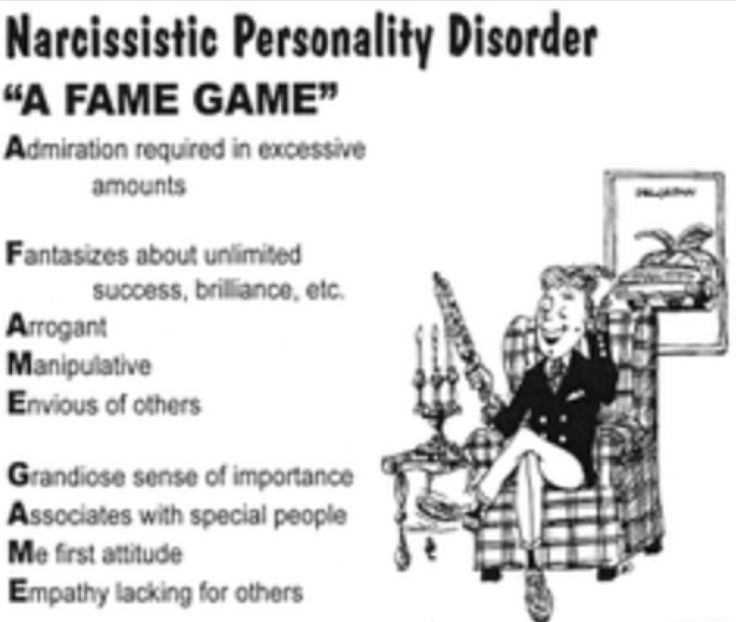 ”
”
Love bombing
If you ever thought it was way too soon for someone to love you that much, it probably was. And it was also probable they love bombed you.
Love bombing can take many forms, but it’s usually a person pushing too far too soon.
For example, it’s someone saying “You’re amazing” or “I’ve never met anyone like you before,” when they actually hardly know you at all.
It might also include showering you with expensive gifts, flowers, fancy dinners, and together-forever conversations.
And it can even involve more extreme behaviors like stalking and jealousy fits.
Being love bombed can sometimes feel extremely flattering. Because of this, you might feel inclined to respond to all these romantic gestures.
Before you do, though, consider doing two things:
- Go beyond their words and gestures and focus on how much they really have to base all this love on.
- Ask yourself if you’re increasingly feeling committed to this person or obligated to correspond when you wouldn’t be interested otherwise.

Love bombing is someone hunting for your attention and dependency. Once this goal has been met and you’re engaged, a love bomber is likely to lose interest and, in most cases, take advantage of what you now feel for them.
Examples of someone love bombing you can include a combination of behaviors:
- Giving almost an “obsessive” type of attention and not accepting no for an answer.
- Trying to make you feel guilty for not having the same feelings.
- Disapproving of your friends or other people in your life.
- Planning your entire lives around their dreams and fantasies.
- Repeatedly showing up unannounced or making plans for you both without asking first.
- Demanding more affection and attention from you in the name of them giving you so much.
- Saying “I love you” or claiming you as their soul mate after knowing you for a very short period of time.
- Getting upset when you ask for space or have your own plans without them.
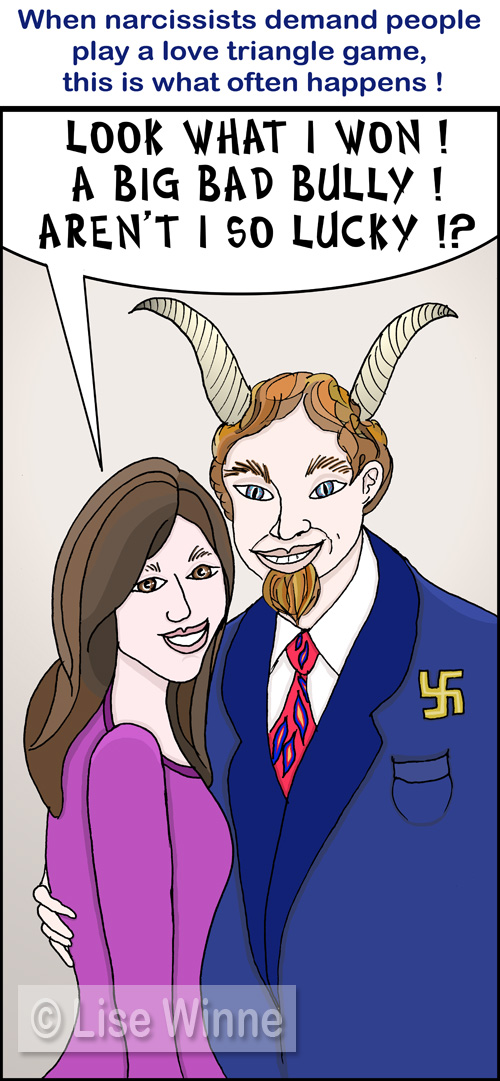
Why does love bombing happen?
A person with narcissistic personality may have trouble forming healthy attachments.
This doesn’t mean they don’t enjoy excitement and romance. But, once this excitement wears off and they’ve caught you, they typically decide to go elsewhere.
It’s the possibility of winning that keeps them interested. This responds to their need for attention and superiority. They want to feel they’re able to get you — that they have the upper hand.
What comes after love bombing? It’s usually ghosting.
Ghosting
Ghosting happens when someone suddenly stops communicating with you without warning. It can happen in any relationship but more typically in a dating scenario.
You’ve finally accepted to date this person who has inundated you with attention for the last few weeks. And then, one day after a date, you try to check their Instagram profile and find out… you’ve been blocked.
This has to be a mistake of some kind. So, you text them. Nothing. Hours later, you try calling them. Nothing.
So, you text them. Nothing. Hours later, you try calling them. Nothing.
You’ve been ghosted.
The act of ghosting is a power move that someone with narcissistic personality disorder may use.
There are many reasons why someone might ghost you. It may be because they lost interest and want to avoid the conflict of telling you this personally. It may be they want to see your reaction and how much you care.
Often, it’s just another manipulation tactic — a break-up game — they use to feel they had the last word and all control in the relationship.
Do narcissists come back after ghosting you? Not likely, but they might if they want to gain something from it.
Now, remember, not everyone who ghosts you has a personality disorder.
This tactic can be used by anyone in many circumstances and it’s not a sign of a mental health condition every time.
Triangulation
Triangulation is another way a person with narcissistic personality might feel like they can maintain the upper hand.
In sum, triangulation is getting a third person involved in your communication channels.
In other words, it’s when you send your message through a third person or justify an action with “this third person” told me.
Triangulation can also take many forms.
A common one is trying to get you jealous and to compete for their attention by incessantly comparing you — directly or indirectly — with a third person.
Other times, triangulation works as a divide and conquer tactic.
Say that your best friend is jealous of one of your most recent friendships. They may say to you, “I don’t know why, but Alexis said some really rude things about you the other night. I defended you, of course.” And then, they might go to Alexis and say the same thing about you.
Narcissistic triangulation may also be about getting you involved in their conflict with someone else.
Maybe they ask you to defend them publicly and make you feel guilty if you don’t. Maybe they tell you to intervene on their behalf to do something that could be embarrassing for them to do.
Playing the victim
People with NPD often experience emotions more intensely, or are highly reactive to any form of criticism.
Because it’s difficult for them to engage in self-reflection, they may need to justify themselves when things aren’t going their way.
This often means putting the blame on others when their life isn’t panning out.
For example, they might justify not meeting their goals at work by whining about all the times you were late to work this month. You coming to work late might have something to do with it, or it might have nothing to do with it.
Either way, they’re playing the victim to justify something that was otherwise in their hands.
And then maybe you get a promotion they were after. They might explain this to their co-workers or family by saying you achieved it by “kissing up” to the boss. Obviously, they deserved it more, they say.
Blaming others for the disappointment feels better than internalizing the idea that they might not be qualified for the promotion.
In romantic relationships, playing the victim may get you to back off.
For example, your partner gets really defensive after you tell them they forgot to pick up milk on the way home. Then they start saying how exhausted they are, how much they needed to come home to get some peace, and how you manage to ruin it for them every time.
This makes you back off and leave them alone. Maybe you’ll get the milk yourself. Mission accomplished.
Revenge
If a person with NPD feels they’ve been embarrassed, rejected, or treated unfairly, it can provoke an intense sense of shame, humiliation, and rage.
This is often called narcissistic rage or rage injury.
Sometimes, these overwhelmingly negative feelings can lead the person with narcissistic personality to become extremely vindictive.
Narcissistic rage may lead them to unleash an all-out campaign to “ruin” you if they now perceive you as the enemy.
They might even come up with a long-term plan to get revenge. This revenge tactic could include slander, abuse, property destruction, and in some extreme cases, physical violence.
This revenge tactic could include slander, abuse, property destruction, and in some extreme cases, physical violence.
People with narcissistic personality disorder may engage in a variety of games or manipulation tactics. This is so they fulfill their need to be or appear superior and powerful.
Although it might be tempting to retaliate, seek an apology, or even try to “fix” them, a person with NPD usually has a hard time being aware of how their behaviors affect others.
This isn’t by personal choice, though. It’s part of living with a complex mental health condition.
Manipulation tactics are not always a symptom of a mental health condition, though. Also, not everyone with narcissistic personality will use these tactics.
If you’re engaged in a relationship where you feel others are manipulating you constantly, despite your efforts for them to stop, consider taking a step back, setting boundaries, or even letting go.
Sam Vaknin. The Narcissistic Blame Game - The Guilt of Others
Narcissists transfer blame, judgment, and responsibility onto others, thereby providing themselves with immunity from the consequences of their own actions.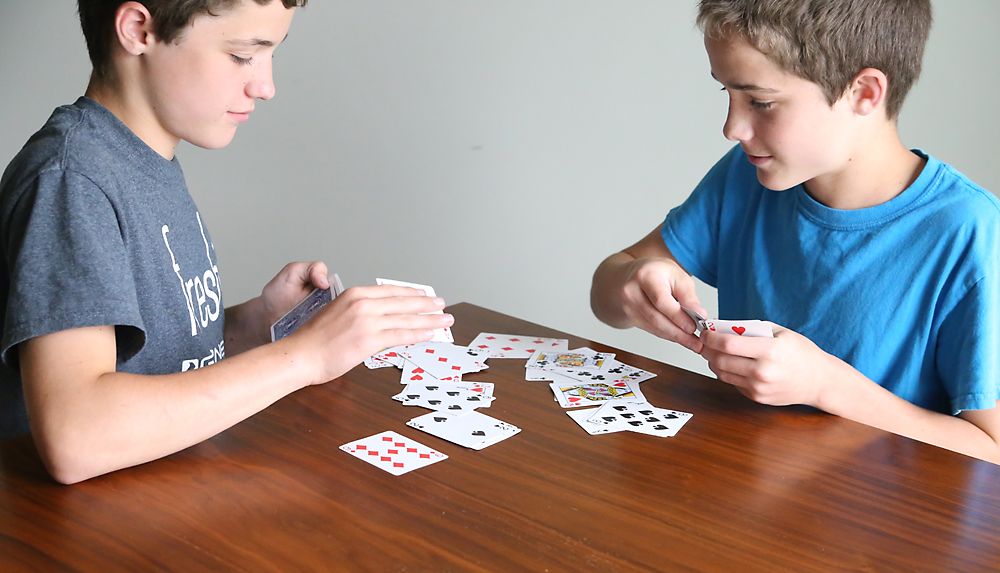
Questioner: Do I blame myself for the mental state and behavior of my husband/child/parent? Is there anything I can or should do to help or reach him?
Answer: Self-flagellation is characteristic of those who choose to live with a narcissist (what a choice!). Constant feelings of guilt, self-reproach, self-blame, and therefore self-punishment, characterize the relationship formed between the sadistic narcissist and the masochistic-addicted friend or partner.
The narcissist has the traits of a sadist because from early childhood he was involved in expressing his own guilt and self-reproach in the same way. His Superego is unpredictable, capricious, random, subjective, cruel and self-destructive (suicidal). Transferring these inner traits outward is the way to mitigate the inner conflicts and fears created by the narcissistic inner turmoil.
Narcissus projects his "civil war" and drags everyone around him into a whirlpool of bitterness, suspicion, meanness, aggression and pettiness. His life is a reflection of his psychological landscape: barren, paranoid, crippled, driven by guilt. He feels compelled to treat others the way he treats himself. He gradually transforms his loved ones into copies of his conflicting, punishing personality structure.
His life is a reflection of his psychological landscape: barren, paranoid, crippled, driven by guilt. He feels compelled to treat others the way he treats himself. He gradually transforms his loved ones into copies of his conflicting, punishing personality structure.
Some narcissists are more subtle than others. They mask their sadism. For example, they "educate" their family members or friends (for their own good as they see it). This "training" is coercive, obsessive, continuous, harsh, and unnecessarily critical. Its purpose is blurring of the subject, humiliation, creation of dependence, intimidation, curbing, control, paralysis.
The victim of such "education" takes the endless nitpicking and derogatory criticism and makes it his own. She begins to see justice where there is only perverted logic based on false promises. She begins to punish herself, abstain, seek approval before any action, forget her preferences and priorities, erase her own identity - in the hope of thus avoiding the excruciating pains of destructive narcissistic analysis.
Other narcissists are less sophisticated and use the full range of violence to domesticate their relatives and life companions. This includes physical and verbal abuse (during intense temper tantrums), psychological abuse, brutal "honesty", hurtful or offensive humor, and so on.
But both categories of narcissists use very simple mechanisms of deception to achieve their goals. One thing must be clear once and for all: in the case of the average narcissist, this practice of violence is not a well-thought-out, pre-planned campaign. His behavior is dictated by forces beyond his control.
Most of the time, the narcissist doesn't even realize why they do what they do. When he is aware, he does not seem to be able to predict the consequences of his actions. And even when he can predict them, he feels powerless to change his behavior. The narcissist is a pawn in a chess game between the structures of his fragmented, fluid personality. That is, in the classical - legal - sense, the narcissist cannot be blamed, because he is not fully aware of what he is doing in relation to others.
This seems to contradict my other statements: “The narcissist can tell good from bad. He is quite capable of contrasting the results of his actions and their impact on his environment. The narcissist is very receptive and sensitive to the slightest nuances. He should be like this: the very integrity of his personality depends on the contribution of others ... A person suffering from NPD should be subject to the same moral prescriptions as all of us. Courts should not distinguish NRL as a mitigating circumstance, so why should we?
But this contradiction is only apparent. The narcissist is quite capable of both distinguishing right from false and predicting the consequences of his actions. In this sense, the narcissist must be held accountable for their evil deeds and deeds. If he wants to, the narcissist can fight his impulsive tendency to act the way he does.
However, this happens only at the cost of a great personal psychological effort. Avoiding or suppressing a compulsive action results in an increase in anxiety. The narcissist prefers his own to the well-being of others. Even having met with great adversity, nurtured by himself, he hardly feels his responsibility (for example, he rarely resorts to psychotherapy).
The narcissist prefers his own to the well-being of others. Even having met with great adversity, nurtured by himself, he hardly feels his responsibility (for example, he rarely resorts to psychotherapy).
To put it bluntly, the average narcissist is unable to answer the question, "Why did you do what you did?" or “Why did you prefer this mode of action to all others available to you at the moment?”. These decisions are made unconsciously.
But once (unconsciously) having chosen a course of action, the narcissist has excellent control over what he does, no matter how right or wrong it may be, and whatever the price that others are likely to have to pay for his actions and choices. And then he may decide to reverse course (for example, refrain from doing anything at all). Therefore, on the one hand, the narcissist cannot be blamed, on the other hand, as much as possible.
The narcissist deliberately confuses responsibility and guilt. These concepts are so close that the distinctions are often blurred.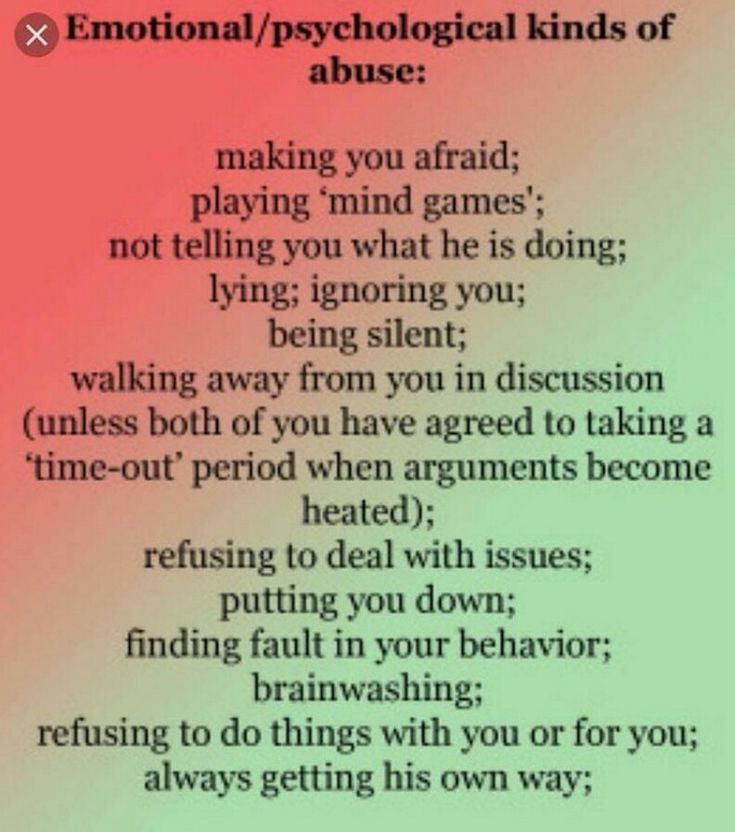 By causing guilt in situations that require responsibility, the narcissist transforms life with him into a never-ending lawsuit. In fact, the never-ending judgment itself is already a punishment.
By causing guilt in situations that require responsibility, the narcissist transforms life with him into a never-ending lawsuit. In fact, the never-ending judgment itself is already a punishment.
Mistakes, for example, cause feelings of guilt. The narcissist always labels someone else's efforts as "failures" and then goes on to shift the blame for those failures onto their victims in order to increase their opportunities to punish and criticize them.
This logic has two sides. First, every responsibility placed on the victim is bound to lead to failure, which in turn creates feelings of guilt, self-blame, and self-punishment in the victim. Secondly, more and more responsibility shifts from the narcissist to his companion; thus, over time, an asymmetry of failures reigns. Less and less burdened with responsibilities and tasks, the narcissist makes fewer mistakes. This preserves the narcissist's sense of superiority on the one hand, and justifies his sadistic attacks on his victim on the other.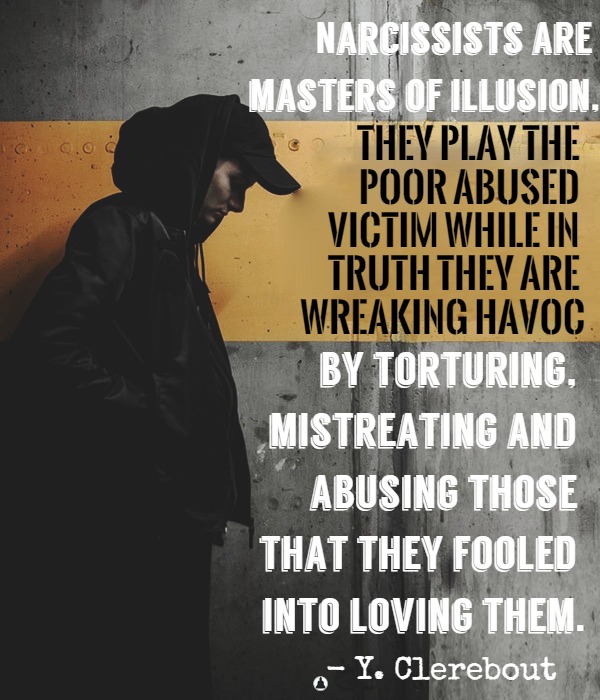
The narcissist's partner is often a willing participant in this shared psychosis. Such "madness for two" would never have been possible without the full cooperation of the willing victim. Such partners want to be punished, to be blurred through constant caustic criticism, unfavorable comparisons, veiled and overt threats, doing out of spite, betrayal and humiliation. This evokes in them a sense of purification, "holiness", wholeness and sacrifice.
Many of these partners, as they become aware of the situation (it is very difficult to see it from the inside), leave the narcissist and break off the relationship. Others prefer to believe in the healing power of love or some such nonsense. This is nonsense, not because love has no therapeutic potential - it is by far the most powerful weapon in the healing arsenal. This is nonsense because it is being wasted on a human shell unable to feel anything other than the negative emotions seeping blurry through his dreamlike existence.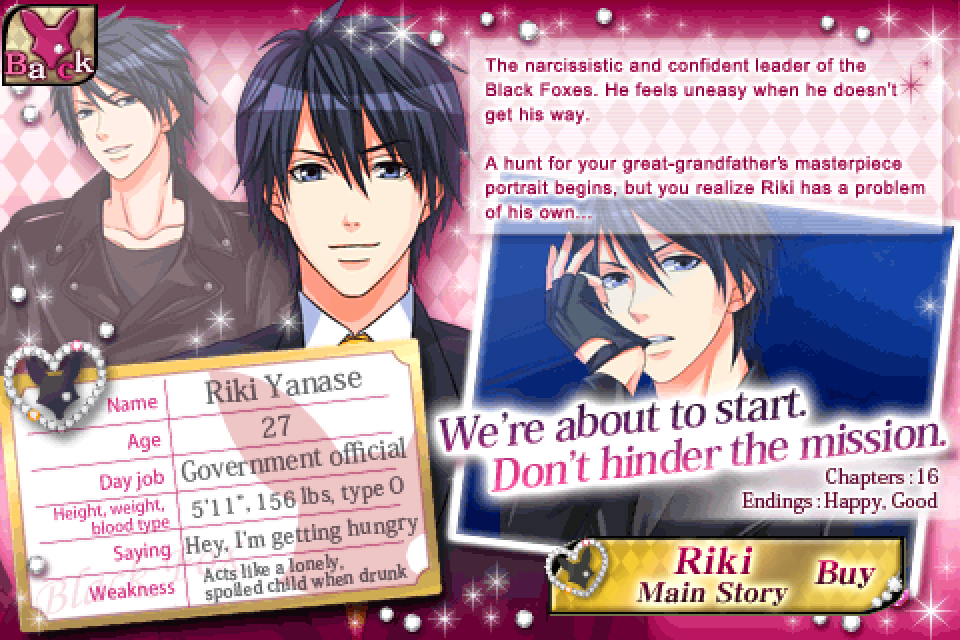 The narcissist is incapable of love, his emotional apparatus buried by years of deprivation, abuse, mistreatment and disuse.
The narcissist is incapable of love, his emotional apparatus buried by years of deprivation, abuse, mistreatment and disuse.
So, the narcissist is a perfect manipulator of human emotions and the behavior of their bearers. He is persuasive, he is devilishly successful and drags everyone around him into the raging delusion that is himself. He uses anything and everything to secure his dose of Narcissistic Supply, and throws away without remorse those who are "useless" to him.
The narcissist-victim pair is a conspiracy of the victim and the mental executioner, the cooperation of two needy people who find comfort and resource in each other's frustrations. Only by breaking it, canceling the game, spitting on the rules, can the victim change himself (and, by the way, internalize the narcissist's newly acquired appreciation).
The narcissist also benefits from this turn. But both - both the narcissist and his partner - do not really think about each other. Caught in the clutches of an all-consuming dance of death, they perform these steps painfully, semi-normally, insensibly, exhaustedly, thinking only about survival. Living with a narcissist is very similar to being in a maximum security colony.
Living with a narcissist is very similar to being in a maximum security colony.
The narcissist's partner should not feel guilty or responsible and should not try to change things that only time (not even therapy) and (difficult) circumstances can change. It should not try to please or appease, to be and not to be, only to survive as a layer of pain and fear. Freeing yourself from the chains of guilt and from the agony of a stupefying relationship is the best help a loving partner can give to their ailing narcissist.
Sam Vaknin
Translation: Shutov Yu.G.
Tags: Sam Vaknin, narcissism, sadism, codependency
The four most common narcissistic games
The four most common narcissistic games
Original taken from sirin_from_shrm in The Four Most Common Narcissistic Games
Much has already been said about the fact that the creation of "triangles" (triangulation) is one of the favorite forms of manipulation, which is often resorted to by narcissists and people with group B personality disorders.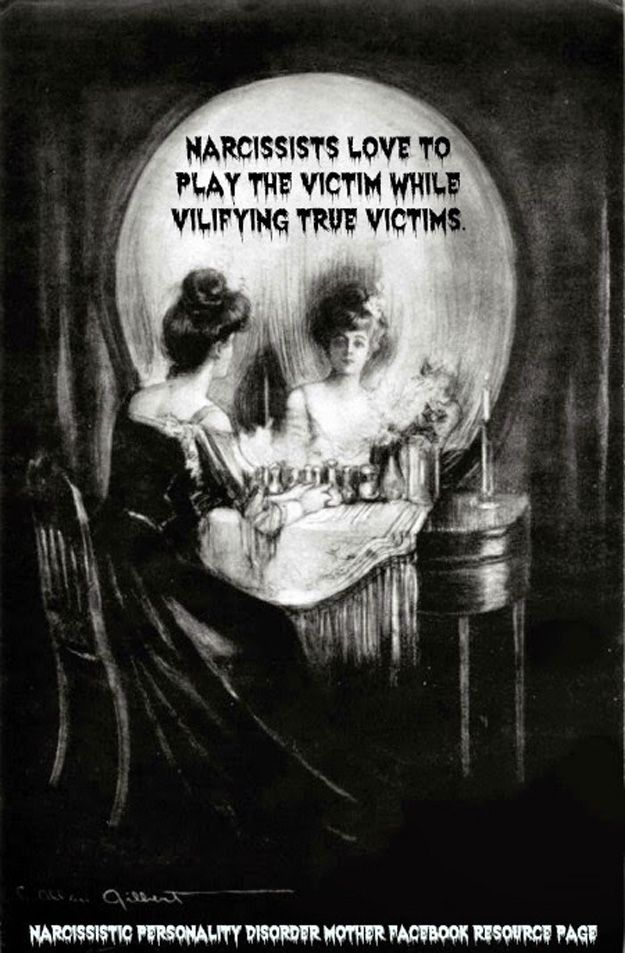 However, I think it's important in any relationship to learn early on to spot the signs and warning signs of narcissistic or sociopathic behavior. In this way, we will protect ourselves from exploitation and abuse and be able to make informed decisions about who we want to associate our lives with, as well as be able to set appropriate boundaries that will help us avoid the negative impact of toxic interactions.
However, I think it's important in any relationship to learn early on to spot the signs and warning signs of narcissistic or sociopathic behavior. In this way, we will protect ourselves from exploitation and abuse and be able to make informed decisions about who we want to associate our lives with, as well as be able to set appropriate boundaries that will help us avoid the negative impact of toxic interactions.
I will describe the four most common triangulation methods used by narcissists and narcopaths and the motives behind them.
Narcissists and drug addicts are very observant. They can smell generosity and caring in a person in the same way that a white shark in the ocean smells a drop of blood from a mile away. Narcissists are observant and experienced predators. They control and exploit their partners... and not just partners - they do this to everyone they come into contact with, playing on other people's weaknesses. This is why the love bombardment phase is so important to the success of the narcissist. No matter how confident and self-confident you are at the beginning of a relationship, from constant attention, flattery and "love" with which the narcissist hugs you "to the tips of his fingers", you both literally and figuratively get off balance and become vulnerable by default.
No matter how confident and self-confident you are at the beginning of a relationship, from constant attention, flattery and "love" with which the narcissist hugs you "to the tips of his fingers", you both literally and figuratively get off balance and become vulnerable by default.
You have never entered into relationships with narcissists on purpose to be abused and manipulated. You have been deceived into believing you are loved, you have been blinded by your own love, and that is what has made you a perfect target for manipulation and abuse.
Triangulation can be regarded as mediated communication, in which one person is an intermediary between two others. In order to manipulate his victim, the intermediary (usually a narcissist) will invent, alter, or falsify the transmitted information, usually including some amount of truth. There can be as many reasons why narcissists triangulate as there are narcissists. But I will talk about the four most common techniques and what motivates them.
1. Two at one blow. The narcissist needs control, he craves adoration. To achieve this, he tells the partner as a third person - for example, a mutual friend, colleague, etc. - played with him. This outsider is introduced into a relationship to hit two with one punch! Firstly, to cause jealousy and insecurity in a partner and subtly hint: “we don’t have irreplaceable ones!”. Unconsciously, the partner is “trying to improve himself” in order to please the narcissist, to become irreplaceable for him. Secondly, it creates the illusion of popularity and relevance and sets the stage for competition between the two providers of the narcissistic resource. In this way, the narcissist not only “binds” the supplier to him, he also increases his control over him. Emotionally healthy people do not flirt with third parties and do not try to create feelings of jealousy and insecurity in their partners and relationships, because they know that this is inappropriate in a serious relationship.
2. Recruitment of supporters. Another function of triangulation - the ability to manipulate a partner into agreeing with the narcissist's point of view or to force the partner to satisfy narcissistic needs - is to involve a third person as a follower, a supporter of the narcissist in bullying (intimidation). Narcissists try to control their partner's opinions and beliefs by resorting to the help of a third party to confirm their own opinions, who, of course, knows the situation only from the words of the narcissist. The narcissist must win and will use every person and all of his tactical arsenal to get the upper hand. The third person is usually unaware of this and is "just trying to help" the narcissist. Usually, this role is assigned to a relative or one of his admirers, whom the narcissist uses as a tool to convince, embarrass or blame the partner, forcing him to believe in the futility of his own actions and submit to the narcissist. In an emotionally healthy relationship, partners in a couple do not involve third parties and do not use intermediaries to resolve differences.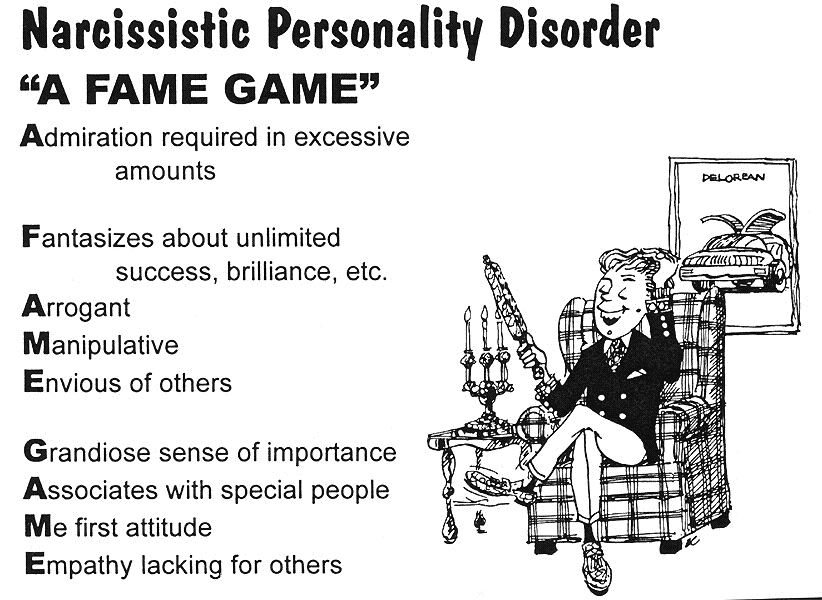 They talk to each other. They do not use the power of someone else's authority to influence a partner and force them to follow their instructions. They respect each other and their relationship, and if they cannot agree, they seek out a competent, impartial third party such as a therapist or lawyer.
They talk to each other. They do not use the power of someone else's authority to influence a partner and force them to follow their instructions. They respect each other and their relationship, and if they cannot agree, they seek out a competent, impartial third party such as a therapist or lawyer.
3. Separation. This method of triangulation involves pitting two people against each other, with the narcissist going behind their backs to undermine their reputation (one or both). The narcissist resorts to this method either just for fun, or to control information, or to place himself in the spotlight and maintain his own impeccable image and look positive against the background of the other two sides of the triangle. Or he wants to protect himself by presenting himself as a victim in a relationship when he feels that the partner is tired of his games and cruelty, thus he will turn one partner against another and set the stage for a smear campaign about his marriage. Usually, someone who the narcissist is sure will always agree with him is chosen to be the supporter. In this way, he gains the support of a third party, portraying his partner as an abuser or "person with disabilities." In order to prevent communication between the supporter and the "bad partner", the narcissist passes on to the partner the distorted information that the supporter allegedly spoke about him and vice versa. This triangulation tactic also gives the narcissist a lot of power as they control the flow of information and the interpretation of information. Everyone locks into the narcissist instead of communicating with each other, which gives the narcissist a good dose of resource. Emotionally healthy people do their best to have peace and harmony in their lives. No normal person supports hostility and provokes the creation of chaos. Emotionally healthy people also don't enjoy spreading slanderous rumors about people behind their backs and don't share with people what others say about them.
In this way, he gains the support of a third party, portraying his partner as an abuser or "person with disabilities." In order to prevent communication between the supporter and the "bad partner", the narcissist passes on to the partner the distorted information that the supporter allegedly spoke about him and vice versa. This triangulation tactic also gives the narcissist a lot of power as they control the flow of information and the interpretation of information. Everyone locks into the narcissist instead of communicating with each other, which gives the narcissist a good dose of resource. Emotionally healthy people do their best to have peace and harmony in their lives. No normal person supports hostility and provokes the creation of chaos. Emotionally healthy people also don't enjoy spreading slanderous rumors about people behind their backs and don't share with people what others say about them.
4. Rejection & disposal. This triangulation tactic is used by the narcissist at the stage when he is about to end the relationship.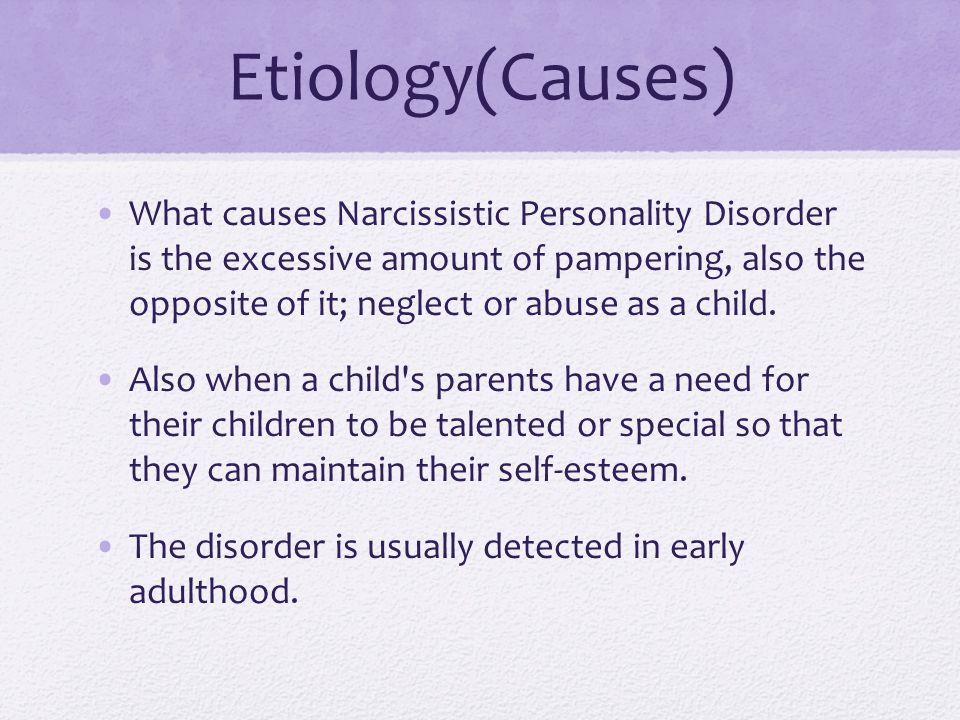 Instead of talking about it with a partner, he tells other acquaintances so that they hear the story from his mouth in his interpretation. Sometimes he even attracts people who barely know their partner, if at all. The narcissist tells his partner about a conversation with strangers who agreed with him: the relationship has reached an impasse. Most likely, one of these "confidants" will be the one who will replace the current partner. After a breakup, the narcissist will openly brag about how happy they are in their new relationship. And if the former partner becomes jealous or follows the narcissist, the latter will enjoy a new version of the “love triangle” created by himself. It goes without saying that emotionally healthy people don't tell third parties about something as important as ending a relationship without first discussing it with their partner. It also goes without saying that emotionally healthy people don't brag about new partners right after starting a relationship because it embarrasses them and healthy people don't start new relationships so quickly.
Instead of talking about it with a partner, he tells other acquaintances so that they hear the story from his mouth in his interpretation. Sometimes he even attracts people who barely know their partner, if at all. The narcissist tells his partner about a conversation with strangers who agreed with him: the relationship has reached an impasse. Most likely, one of these "confidants" will be the one who will replace the current partner. After a breakup, the narcissist will openly brag about how happy they are in their new relationship. And if the former partner becomes jealous or follows the narcissist, the latter will enjoy a new version of the “love triangle” created by himself. It goes without saying that emotionally healthy people don't tell third parties about something as important as ending a relationship without first discussing it with their partner. It also goes without saying that emotionally healthy people don't brag about new partners right after starting a relationship because it embarrasses them and healthy people don't start new relationships so quickly.




